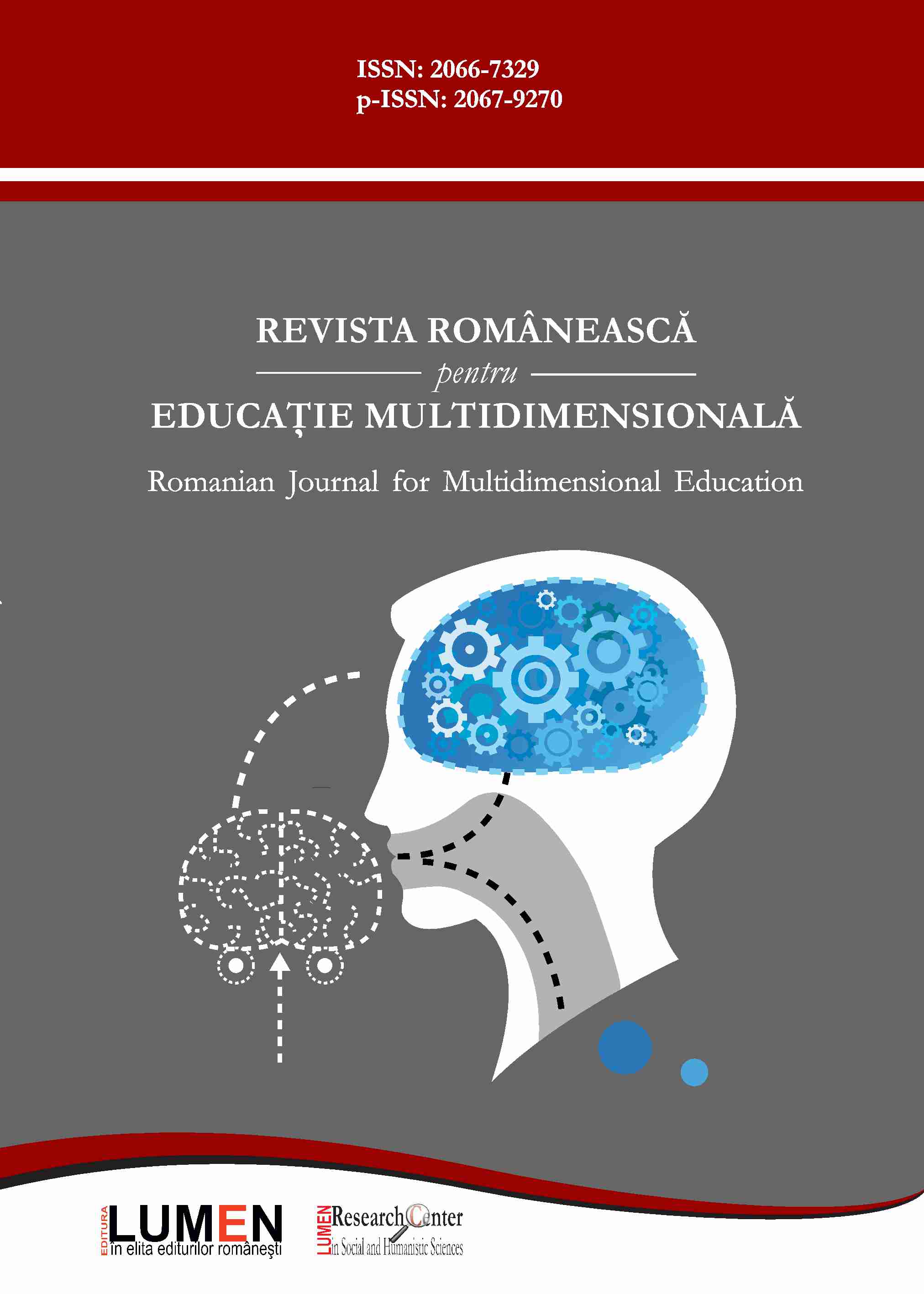The Vision of Educational Actors: Normalist Practitioners, Tutors and Professional Practice Advisors in Times of Covid-19 in Mexico
The Vision of Educational Actors: Normalist Practitioners, Tutors and Professional Practice Advisors in Times of Covid-19 in Mexico
Author(s): Adriana Dominguez Saldivar, Everardo Ortiz-Jaramillo, Gerardo de Jesús Mendoza-JiménezSubject(s): Social Sciences, Education, Health and medicine and law
Published by: Editura Lumen, Asociatia Lumen
Keywords: Professional practice; Normalist practitioner; Virtual classroom; Covid-19; tutors;
Summary/Abstract: In Mexico there is talk of making the world change, of new strategies and innovating in education. The Covid-19 abruptly engaged the teacher to do so in an unusual way. The implementation of virtuality to reach every corner, new ways of teaching, relating to parents, interaction with tutors and directors was complex. The challenge was to learn in virtual professional practice. Objectives of the study: 1) Identify the characteristics of the professional practice of the seventh and eighth semester students in virtuality, 2) Analyze the academic-disciplinary factors, personal reflection and technical-pedagogical factors that intervene in professional practice, 3) Verify the presence of challenges of their teaching performance that they face in the virtual classroom. The qualitative and descriptive approach is the basis of the research. 21 elementary schools in Nuevo León participated; 76 teachers and 112 undergraduate students in Primary Education from the Miguel F. Martínez Normal School (ENMFM). Observations, Professional Practice Evaluation Rubric supported the research. It is concluded that the pedagogical practices fulfilled their mission, with innovative characteristics in the teaching practice; the academic-disciplinary factors were activated when planning, organizing, developing, intervening and evaluating the students; the personal-reflective factors were manifested in emotions of despair, helplessness, discouragement, expectations, new proposals, learning in their teacher training; advantages and disadvantages, areas of opportunity and strengths in the use of technology, face-to-face personalized attention and class times and in technical-pedagogical learning skills for real life.
Journal: Revista Românească pentru Educaţie Multidimensională
- Issue Year: 14/2022
- Issue No: 1
- Page Range: 1-14
- Page Count: 14
- Language: English

